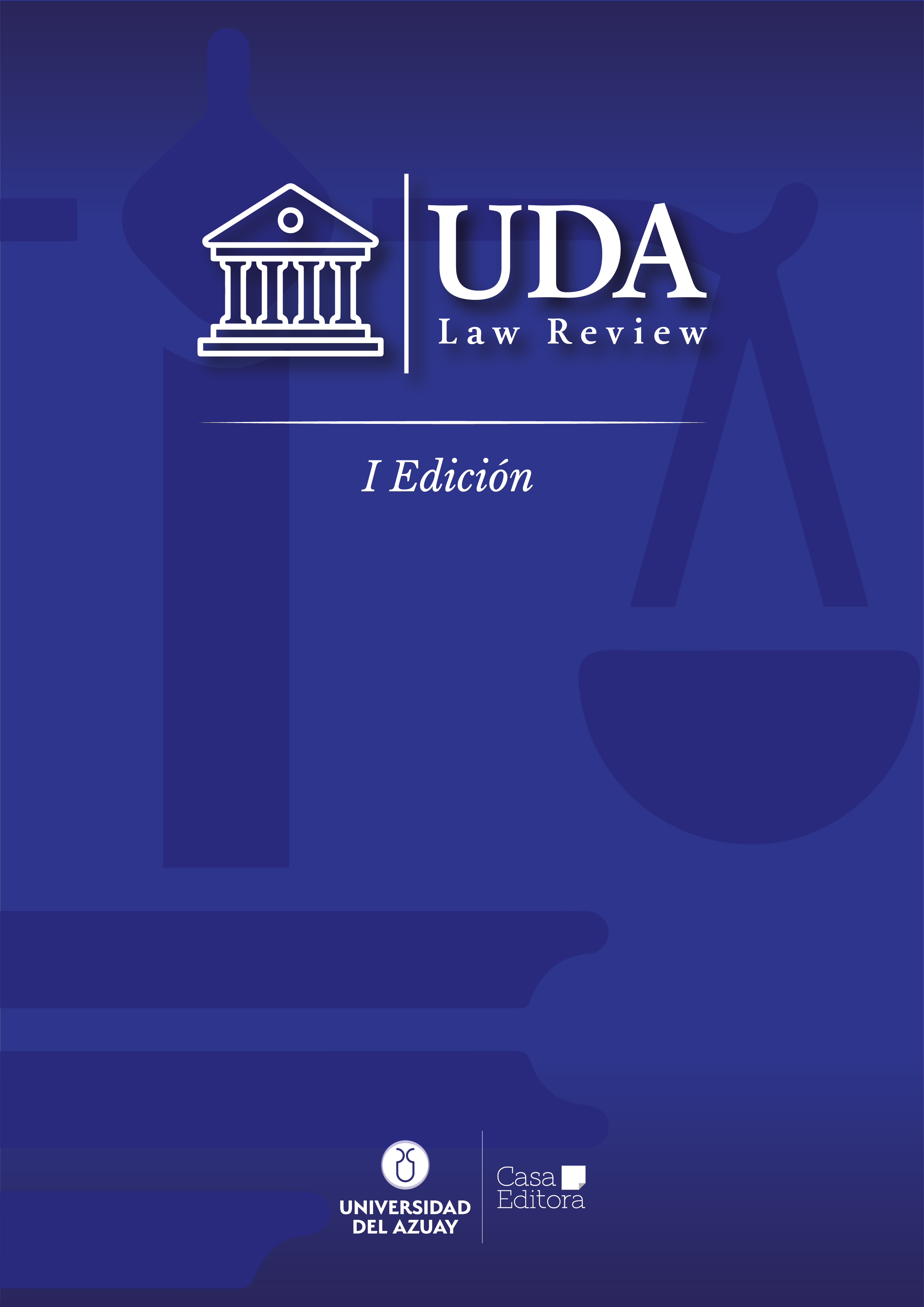LA DENUNCIA DEL CONVENIO DEL CENTRO INTERNACIONAL DE ARREGLO DE DISPUTAS RELATIVAS A INVERSIONES Y SUS CONSECUENCIAS EN LA ECONOMÍA ECUATORIANA
Palavras-chave:
Inversión extranjera, Métodos alternativos de solución de controversias, Arbitraje de inversiones, Tratados bilaterales de inversiones (TBIs), CIADIResumo
La presente investigación tiene como finalidad dar a conocer las diferentes posturas, criterios y opiniones, que varios doctrinarios en el mundo han adoptado acerca del arbitraje internacional, específicamente en el área de inversiones, y el tratamiento restringido de éste para el desarrollo del país que proviene del ordenamiento jurídico ecuatoriano. La relevancia de este trabajo radica en la propuesta y motivación, para que sean cada vez más el número de juristas y estudiantes de derecho, quienes se inserten activamente en debates sobre asuntos innovadores; permitiendo así que se exploren desde una perspectiva crítica otras esferas del derecho antes ignoradas, como el arbitraje internacional de inversiones. Además, lo que enriquece a este ensayo académico es justamente la diversidad de planteamientos pero sobre todo la profundidad y seriedad con la que se analizan. Los principales y más interesantes hallazgos son: en primer lugar la temporalidad de los tratados bilaterales de inversiones (TBIs), y como ésta afecta al momento de decidir y concretar la inversión; en segundo lugar, está la desnaturalización de la esencia del arbitraje como medio alternativo de solución de conflictos a partir de la Constitución de la República del Ecuador, cuyo nacimiento tuvo lugar en la ciudad de Montecristi. Para finalizar, vale la pena resaltar que el Legislativo debería diferenciar en el texto constitucional, el alcance y naturaleza del término contractual y de la inversión respectivamente, también el Estado ecuatoriano, con tal conducta, que limita derechos estaría violando el trato justo y equitativo, que es una obligación de carácter internacional, por lo cual podría ser acusado e internacionalmente responsable.
Palabras claves: Inversión extranjera, Métodos alternativos de solución de controversias, Arbitraje de inversiones, Tratados bilaterales de inversiones (TBIs), CIADI.
Abstract
The purpose of this research is to make known the different positions, criteria and opinions that various doctrinarians in the world have adopted about international arbitration, specifically in the area of investments, and the restricted treatment of this for the development of the country that comes from of the Ecuadorian legal system. The relevance of this work lies in the proposal and motivation, so that they are increasingly the number of jurists and law students, who are actively involved in debates on innovative issues; thus allowing other areas of law previously ignored, such as international investment arbitration, to be explored from a critical perspective. In addition, what enriches this academic essay is precisely the diversity of approaches but above all the depth and seriousness with which they are analyzed. The main and most interesting findings are: firstly the temporality of the bilateral investment treaties (BITs), and how this affects the moment of deciding and specifying the investment; Second, there is the denaturalization of the essence of arbitration as an alternative means of resolving conflicts based on the Constitution of the Republic of Ecuador, whose birth took place in the city of Montecristi. Finally, it is worth highlighting that the Legislative should differentiate in the constitutional text, the scope and nature of the contractual term and the investment respectively, also the Ecuadorian State, with such conduct, which limits rights would be violating the fair and equitable treatment, that it is an international obligation, for which it could be accused and internationally responsible.
Keywords: Foreign investment, Alternative dispute resolution methods, Investment arbitration, bilateral investment treaties (BITs), CIADI


